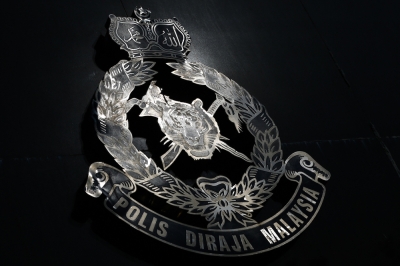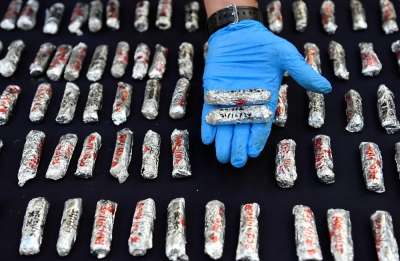KUALA LUMPUR, Dec 30 — The collection of service tax for traditional Chinese medicine services is not a sudden decision by the current government, but has been applicable since 2018, Deputy Finance Minister Lim Hui Ying has said.
Lim reportedly said this was already determined in the 2018 guidelines on service tax.
“This policy already existed during the implementation of the Goods and Services Tax (GST) and the Sales and Service Tax (SST), and it’s not a sudden decision by the unity government,” she was quoted saying by local daily Sin Chew Daily when attending the Penang Hokkien Association’s 64th anniversary celebration last night.
She said traditional Chinese medicine was classified together with traditional Malay medicine and traditional Indian medicine in a category which is taxable, while modern medicine is classified under a different category.
She said this meant those who provide taxable services exceeding RM500,000 annually would have to register and pay service tax.
But Sin Chew Daily also reported Lim as clarifying that the service tax would only be imposed on services under traditional Chinese medicine, and not the medicine bought.
She gave the hypothetical example of a patient who visits a traditional Chinese medicine practitioner and is charged RM100 for treatment services and RM150 for the medicine, saying that the service tax will only be imposed on the RM100 service and not the RM150 medicine cost.
Saying that she understands the public’s worries about the service tax on such traditional medicine services, Lim said she would be meeting industry players soon to listen to their views.
She also reportedly said she would invite the Customs Department and Finance Ministry’s tax division to also be present to enable industry players to have the opportunity to convey their views and to enable the officers to explain the tax collection mechanism.
On Thursday, local daily China Press in an exclusive report said that the Customs Department had sent out a letter to traditional Chinese medicine practitioners to ask that they pay service tax dating back to 2018 — which was when the SST regime was revived to replace the now-abolished GST.
The Customs Department letter was reportedly sent to eight bodies in the traditional and complementary medicine (TCM) field — including those representing traditional Malay medicine practitioners and traditional Indian medicine practitioners.
The eight bodies which received the Customs Department letter are reportedly the Federation of Chinese Physicians and Acupuncturists Associations Malaysia (FCPAAM), the Federation of Chinese Physicians and Medicine Dealers Association of Malaysia (FCPMDAM), the Gabungan Pertubuhan Pengamal Perubatan Tradisional Melayu Malaysia (Gapera), the Pertubuhan Perubatan Tradisional India Malaysia (Peptim), the Malaysian Homeopathic Medical Council (MPHM), the Federation of Complementary & Natural Medical Associations Malaysia (FCNMAM), the Persatuan Perubatan, Pengubatan dan Kebajikan Islam Malaysia (Darussyifa’), and Malaysian Chinese Medical Association (MCMA).
TCM is being categorised under the taxable service category of “Nightclubs, Dance Halls, Cabarets, Health and Wellness Centres, Massage Parlours, Public Houses and Beer Houses”.
The service tax is now at 6 per cent but the government plans to increase it to 8 per cent from March 1, 2024.
Yesterday, MCA president Datuk Seri Wee Ka Siong urged the government not to discriminate against traditional and complementary medicine (TCM), expressing hope that the government will provide SST exemption for TCM just like modern medicine which enjoys such exemption.
Wee had cited the Customs Department’s guidelines on service tax for professional services as of September 21, 2021, which provides service tax exemption on consultancy services relating to medical and surgical treatment by private clinics or specialist clinics, including consultancy services by the medical practitioner.
Wee also said Malaysia’s Health Ministry accepts TCM and also provides such services in several government hospitals, with multiracial patients receiving TCM treatment in Malaysia. He also said TCM is being taught in universities locally and abroad, and that Malaysia has legislation in the form of Traditional and Complementary Medicine Act 1976.



















